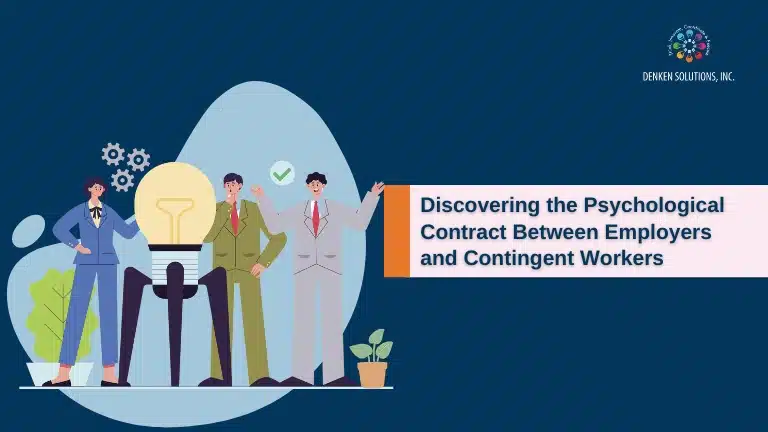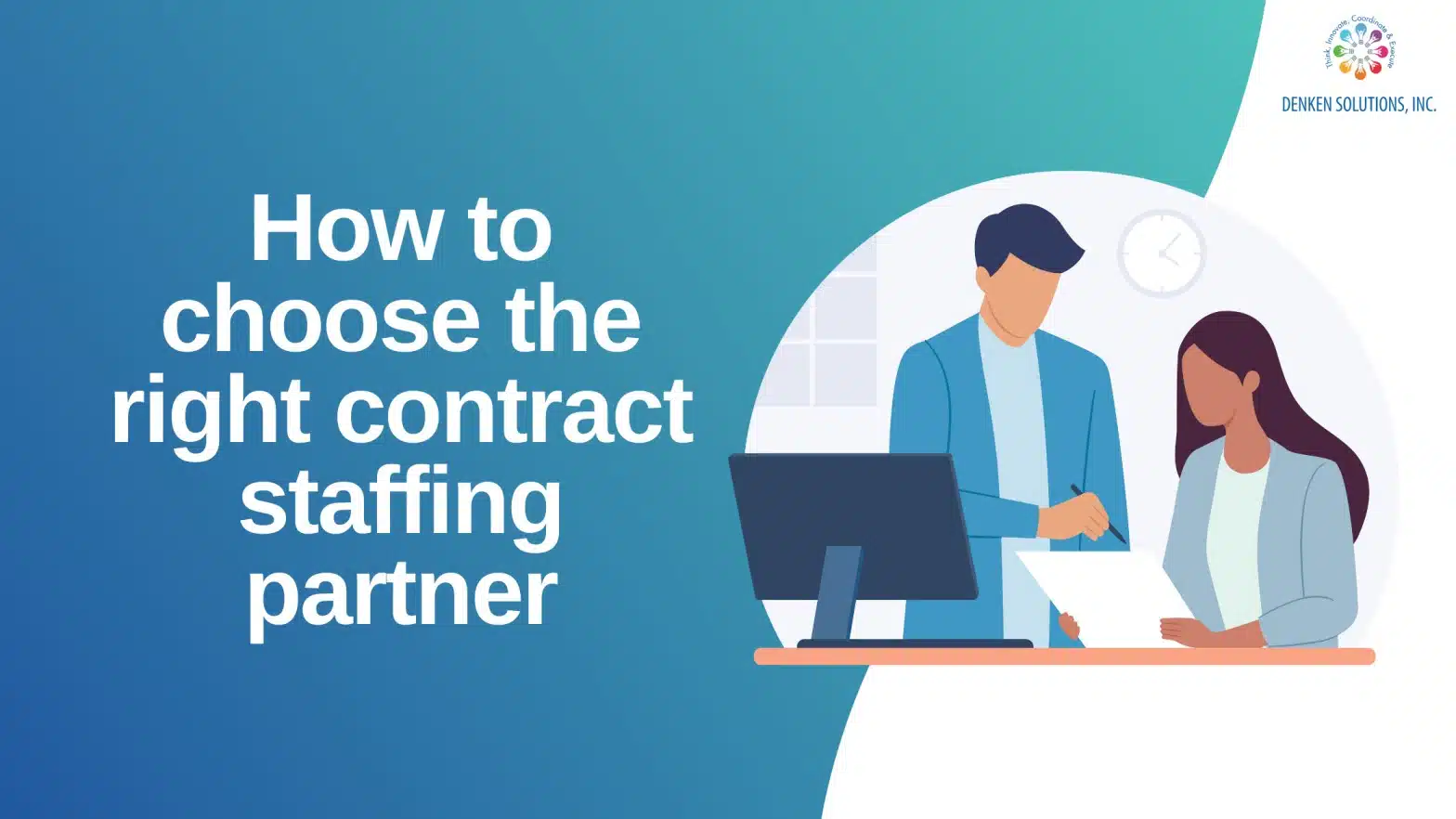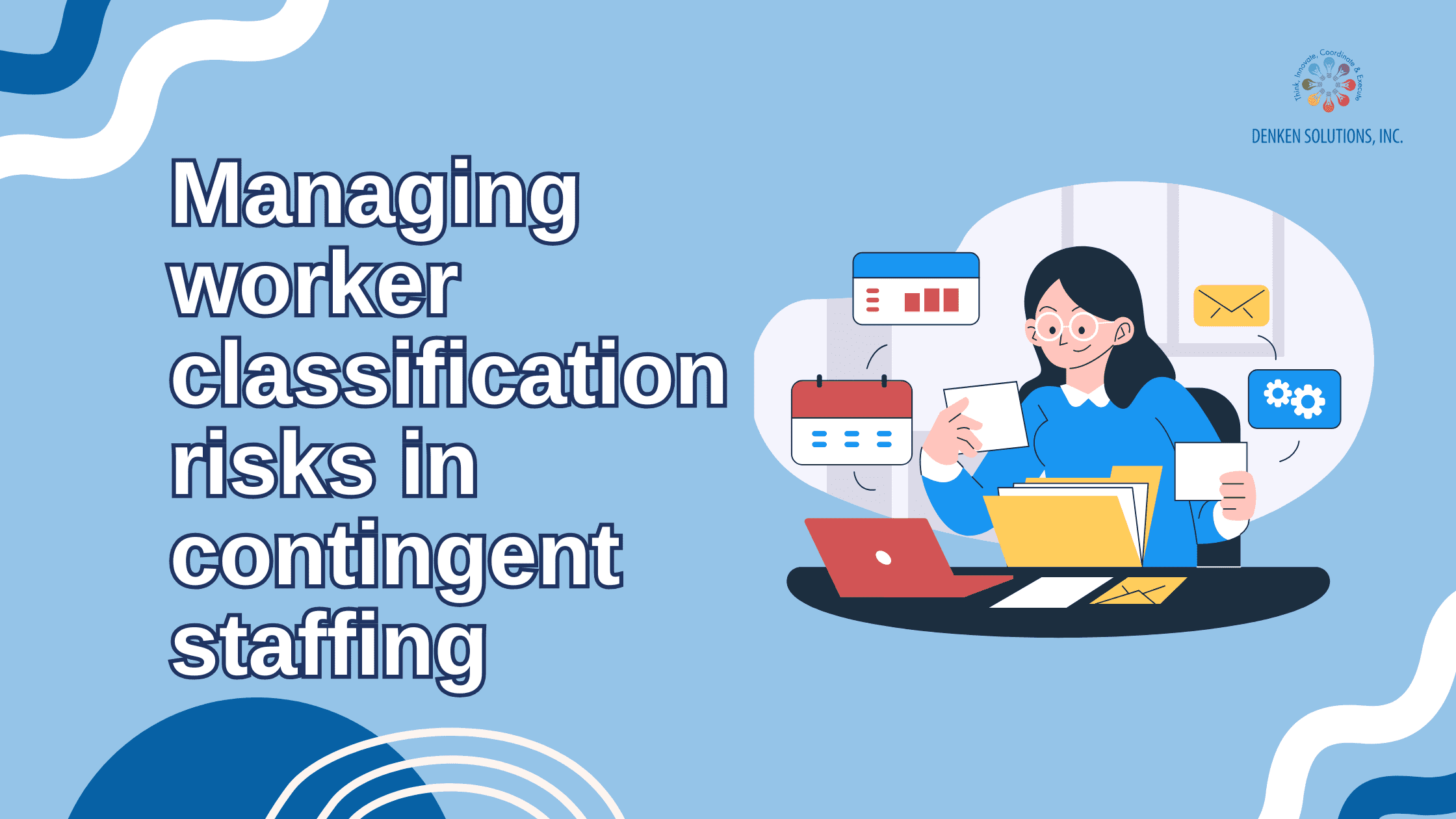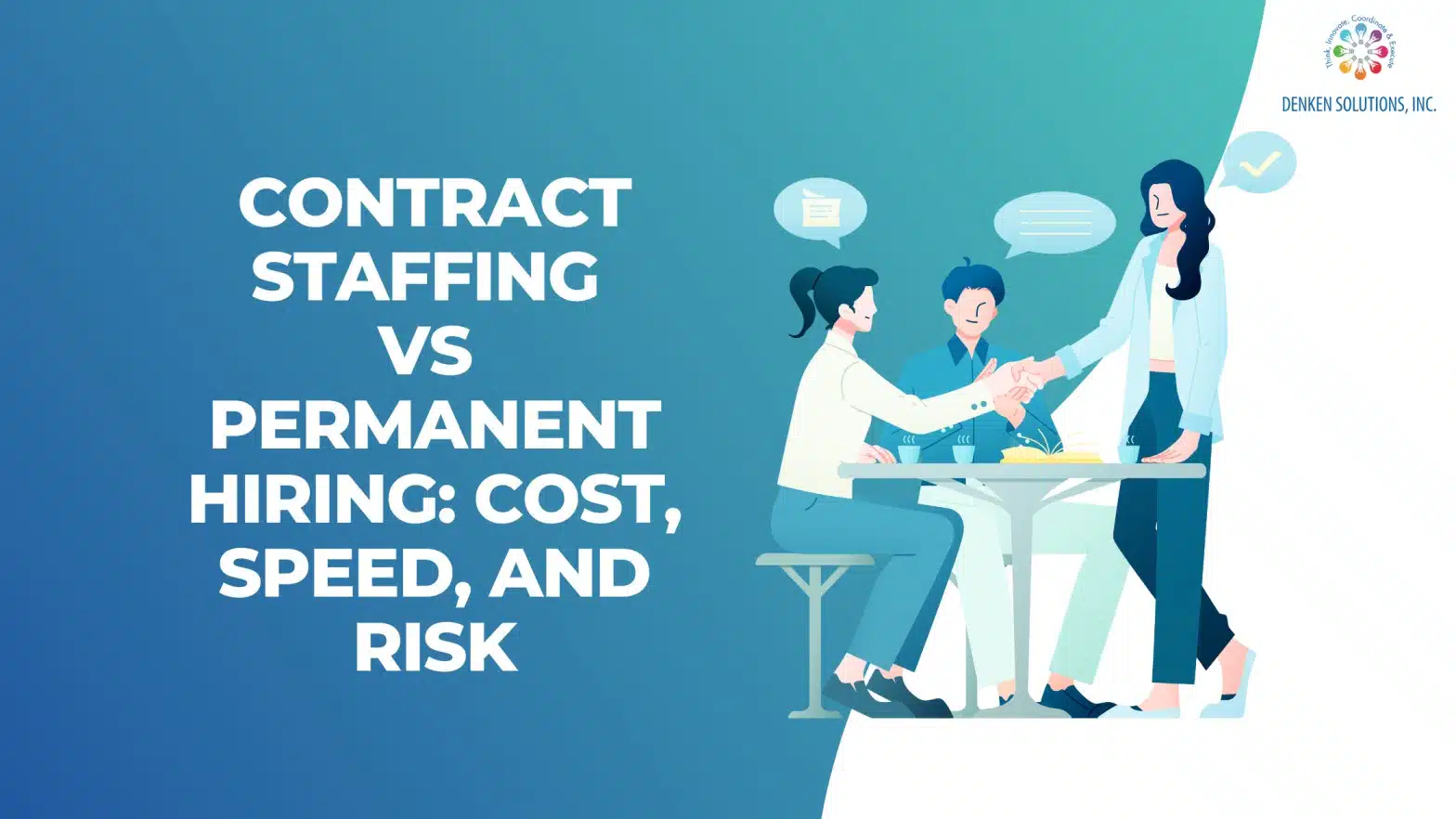The Evolving Psychological Contract in HRM: Implications for Contingent Workforce Management
As the contingent workforce is gradually taking over the traditional workforce concepts, the previous notions and norms associated with the psychological contract in HRM (Human Resource Management) are somewhat outdated. The changes in the workforce perceptions due to the COVID-19 pandemic have caused organizations to update further and improvise the psychological contract so that the professional as well as personal well-being of the workers can be better addressed.In this article, we will focus on the key facets of the psychological contract between employers and contingent workers and the role of leadership in creating a strong psychological contract. Before that, let us understand what exactly a psychological contract in HRM is.
Understanding the concept of psychological contract in HRM
Framed by Denise Rousseau, a psychological contract refers to “an unwritten set of expectations between the employee and the employer. It includes informal arrangements, mutual beliefs, common ground and perceptions between the two parties.” In other words, a psychological contract is purely an unwritten or verbal agreement between an employer and an employee indicating the mutual beliefs, expectations, perceptions, and work arrangements of both parties. Psychological contract in HRM forms a crucial aspect as it greatly affects the relationship between an employer and an employee. While a formal or written contract is a legally binding document, a psychological contract is merely structured based on day-to-day actions, statements, and promises committed by one party to the other.
Effective contingent labor management strategies are essential for businesses that rely on flexible workforce solutions. These strategies ensure smoother operations and better resource allocation
Key facets of the psychological contract between employers and contingent workers
The psychological contract for contingent workers is centered on employees’ expectations and employers’ obligations regarding flexible work norms, job security, fair treatment and competitive compensation, recognition and rewards, and learning and professional growth. Gaining a proper understanding of these key facets of the psychological contract for contingent workers is essential, particularly for organizations that laboriously depend upon a contingent workforce for business growth and development.
One of the key benefits of hiring contingent workers is the ability to scale your workforce based on project needs, leading to greater cost efficiency and flexibility.
- Flexible work norms and freedom of action
Contingent job roles are rooted in flexibility and autonomy. While engaging contingent workers in business, employers must remain aware of the fact that they anticipate a degree of freedom and control over their work. By developing a positive psychological contract, employers can offer the desired flexibility and authority to contingent workers, allowing them to make choices between assignments, work at their convenient time and place, etc.
- Job security
Job security is a focal element for every worker, be it permanent or contingent. Every worker remains concerned about the future permanence of their job while joining an organization. Since contingent workers are majorly hired for temporary job roles, they seek a greater degree of job security. As such, employers must draw clear and precise communication, demonstrating to them the duration of their contract and chances of securing permanent employment if available. A strong psychological influence will reduce the risk awareness in contingent workers about losing their jobs.
- Fair treatment and competitive compensation
Just like fixed and full-time employees, contingent workers expect fair working conditions along with competitive compensation based on their skills and experience. It is true that for contingent job roles, employers do not have to promise and offer extensive benefits and perks, which they do for fixed employees. However, to build a sense of motivation and enhance the morale of contingent workers, it is suggested that employers offer certain amenities to them.
- Learning opportunities and professional growth
The changing business needs and market advancements are causing job roles to evolve on a constant basis. This causes the contingent workers to demand a handful of learning and professional development opportunities no matter the duration for which they are engaged by an organization. With adequate training and mentorship programs, project-specific learning sessions, skill development courses, and opportunities to work on different projects, a positive psychological contract can be promoted for contingent workers.
- Rewards and recognition
Apart from competitive salaries and benefits, contingent workers should be provided with proper rewards and recognition based on their performance. Just because they are non-permanent members of the organization does not mean they will be deprived of the rewards and recognition that permanent employees get. This will boost their motivation and productivity.
- Support and inclusion:
Contingent workers should be allowed to participate in organizational activities and team events alongside permanent workers. This will enable employers to build better coordination and bond within teams and simultaneously achieve a seamless integration of contingent workers with the full-time workforce. It is equally important to support contingent workers in their learning and development by giving them access to tools and resources.
Conclusion
Though the concept of psychological contract is not new for the workforce, the notions and norms associated with it have quite changed and evolved with the rise of the contingent workforce. To initiate a positive and strong psychological contract for contingent workers, employers must address the key facets of flexibility and freedom of action, job security, fair treatment and compensation, learning and growth opportunities, rewards and recognition, and support and inclusion.
Contact us for queries and information about contingent workforce solutions.



